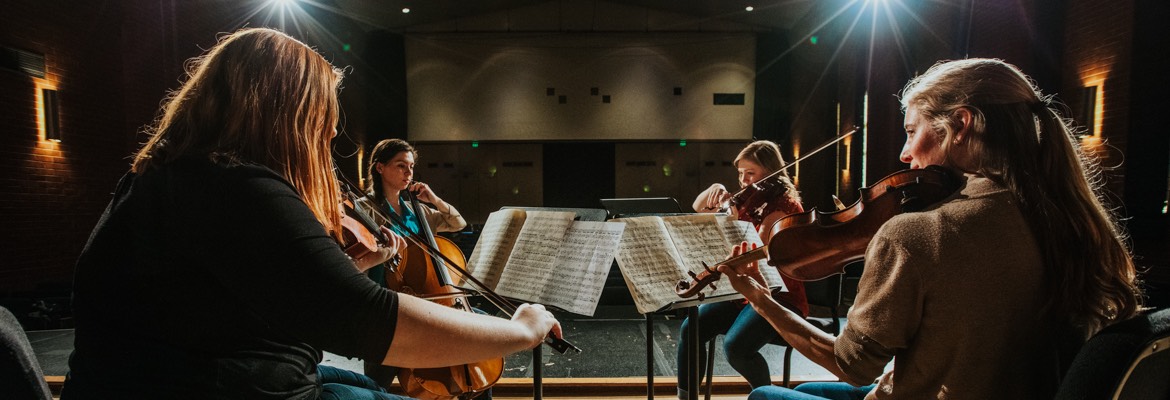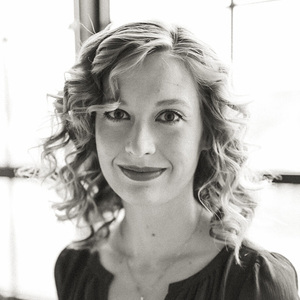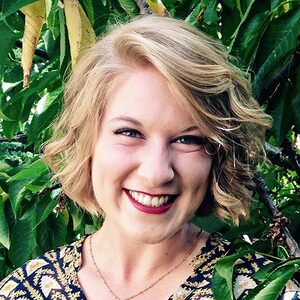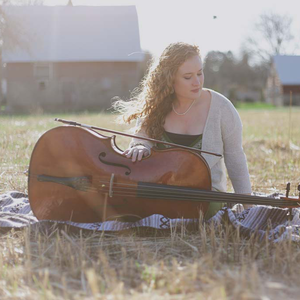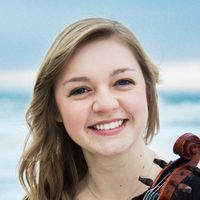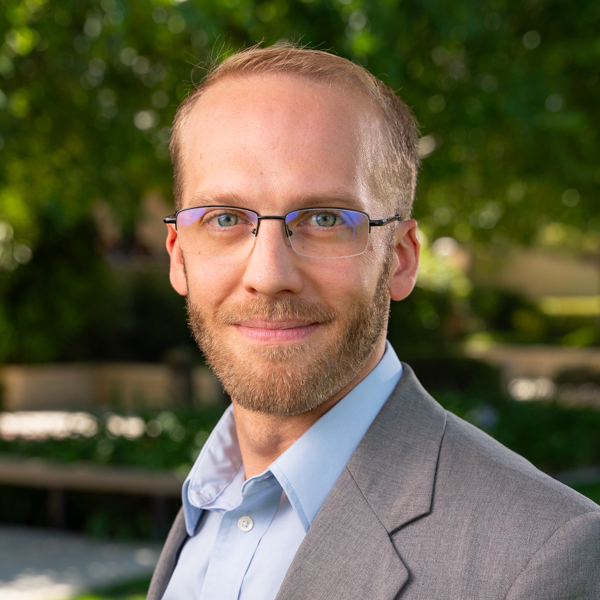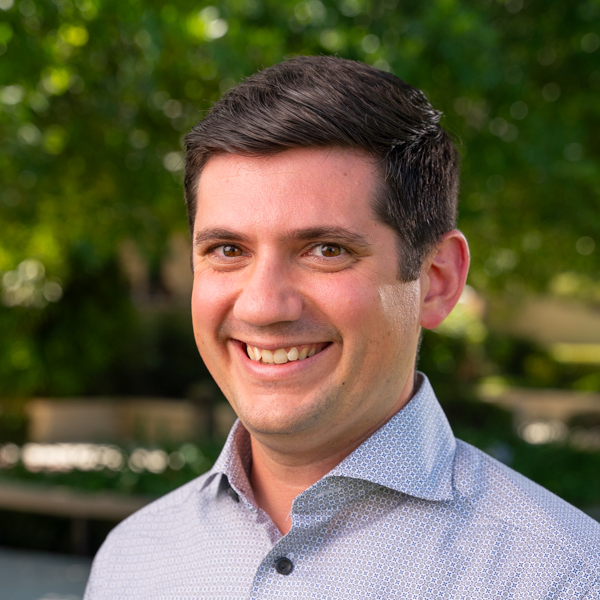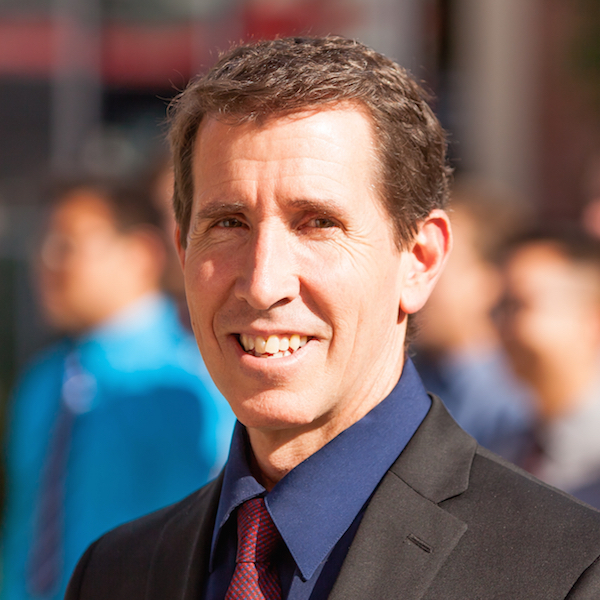B.M. in Music Performance
Overview
The Bachelor of Music Degree in Music Performance at Biola's Conservatory of Music is designed to help you develop your skills to the highest level possible within a four year degree, all within a supportive community of musicians dedicated to helping you grow.
In addition to its strong curriculum, expert faculty members and biblical integration, Biola’s music performance program offers several key advantages:
- Biola University is accredited by the National Association of Schools of Music
- Highly respected, experienced faculty
- Strong academic preparation for graduate school
- Over 20 performance ensembles
- Active chamber music program
- Weekly studio classes
- On-campus performance competitions
- Master classes by world-renowned artists
- Supportive community of dedicated Christian musicians
- Close proximity to Los Angeles and access to performances by world-renowned artists in music genres from classical to pop, jazz and world music
- Special scholarships and awards available to performers
Concentrations
- Instrumental
- Instrumental and Voice
- Piano/Organ
- Piano/Organ and Instrumental
- Piano/Organ and Voice
- Voice
